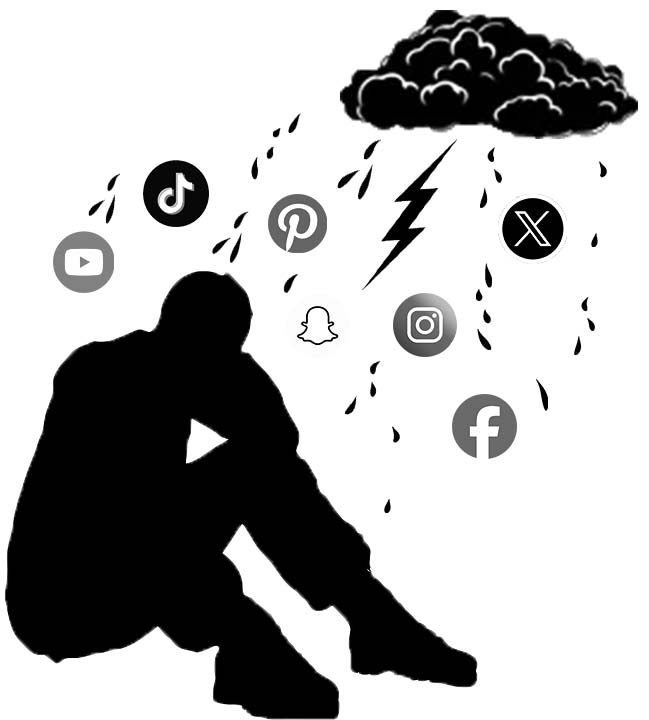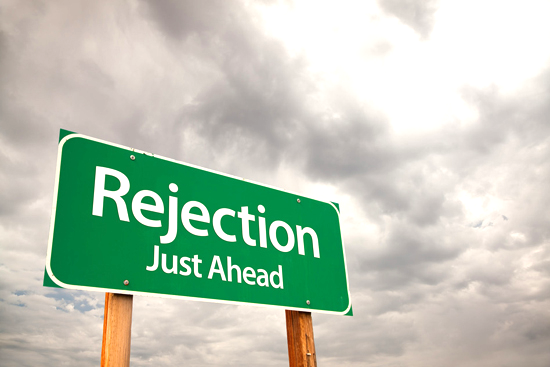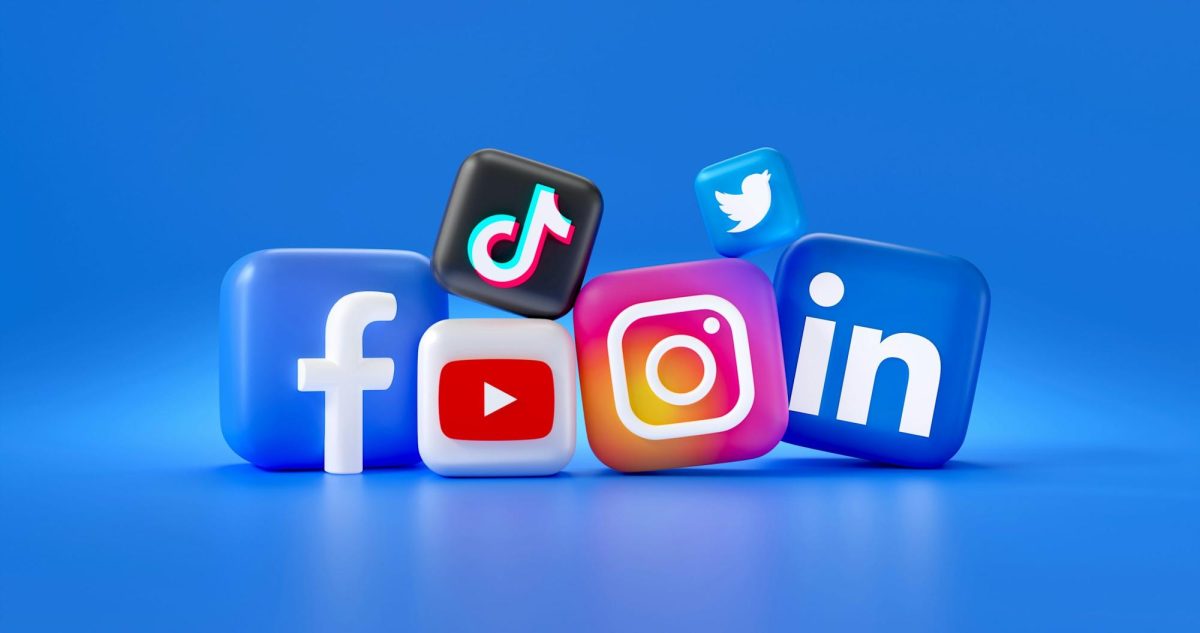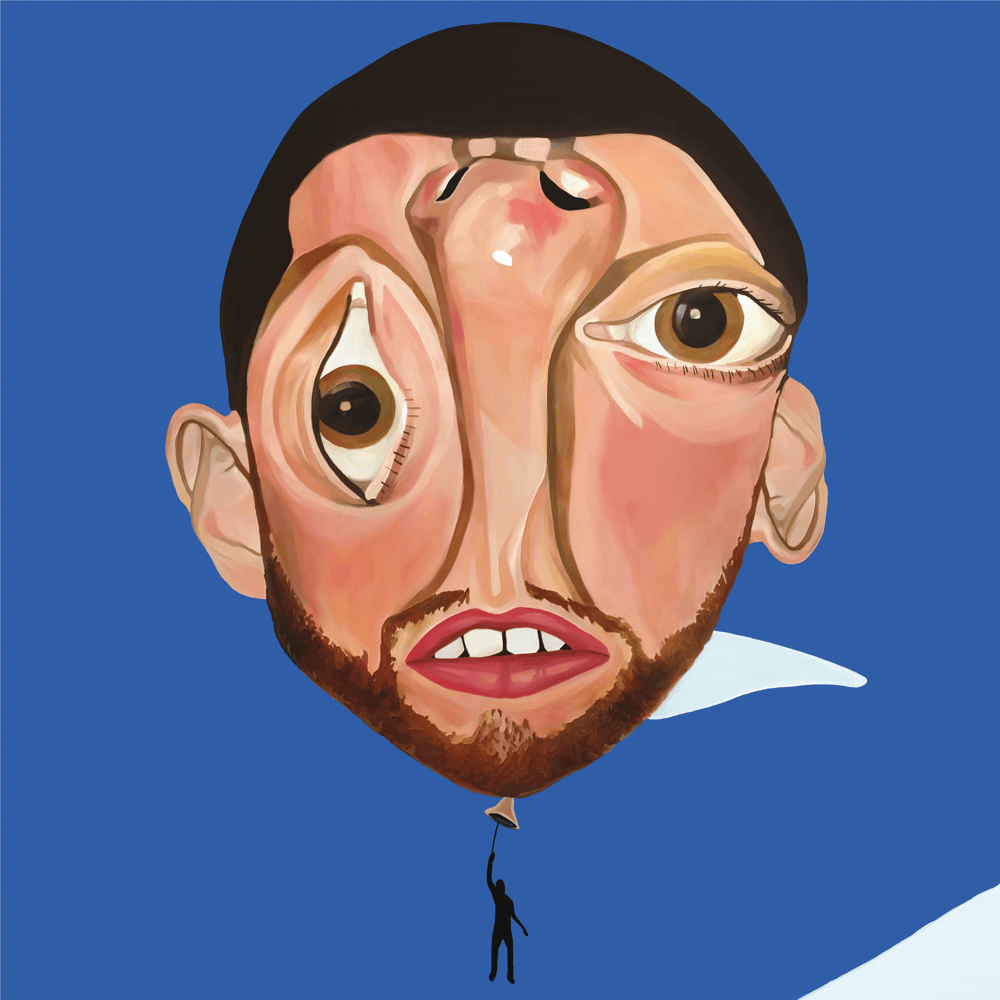The relationship between TikTok and its users is the epitome of a love-hate relationship. It can make you laugh or inspire you to study for your next test. However, it can also create a dangerous second reality of delusions and false narratives from the insecurities of today’s youth.
Take a moment to think about the evolution of social media. Myspace kickstarted the movement, fabricating a space for users to write posts, create communities, access businesses and more. Whereas with TikTok, a much younger app, all one has to do is sit and scroll. Maybe you occasionally double-click to drop a like.
App creators profit off of laziness. With each new form of entertainment, a greater level of ease is unlocked for users. However, for some reason, TikTok influencers are held in exceptionally high regard, when in fact an extraordinary number of influencers are average-minded people who somehow managed to find a way to finesse the system.
The irony begs the question of TikTok’s true function. Is it simply a place where anyone can become famous from the exploitation of teenagers’ insecurities? Has all utilitarianism been lost behind the fog of glorified influencers and mindless scrolling?
According to Columbia University Irving Medical Center, the average age of youths who create a social media account is 12 years old. This research also shows a direct correlation between social media engagement and mental health disorders such as anxiety and depression among teenagers and young adults. The more time an individual spends online, the more they are deprived of meaningful face-to-face interaction with peers. Additionally, one may be exposed to intimidating standards which can cause them to feel insecure about certain aspects of their life, whether it be physical appearance or career progression.
In summation, social media risks the degradation of individual authenticity and creativity.
However, while these concerns do have some degree of validity, I find it to be an extremely pessimistic outlook. Downsides never exist in isolation. The app is simply an accumulation of algorithms and data based on what you interact with. There are numerous advantages to the accessibility of TikTok, so long as you choose to utilize it correctly.
It’s almost impossible to avoid social media in this day and age. Instead of fearing it, here’s how I suggest users maintain a healthy relationship with TikTok that serves you and your life.
- Find communities
The beauty of TikTok is that anyone can easily access and interact with communities based on their hobbies and interests. It’s beneficial to have an outlet where one can enrich their passions, and there are videos for anyone; from book lovers, to gym rats, to nature enthusiasts.
In this way, TikTok encourages people to engage with the real world and develop new skills and hobbies they might not have been exposed to previously. You can filter your account to the specific things you want – simply use the search bar and the app’s algorithm will automatically provide content for you based on what you searched. You can also follow accounts that share your interests to augment your feed towards things you like.
- Actively disengage with content that you don’t like
If something shows up on your feed that you don’t like, you have the option of selecting the “Not interested” button upon tapping and holding the screen. This will cause the app to discontinue giving you related content.
You have to actively choose to avoid media that isn’t good for your mental health. TikTok may seem harmless in moderation, however, unhealthy usage may accumulate and have a detrimental effect on your self-image over time. This brings me to my next point.
- Limit intake
According to a study done in 2023 by the Pew Research Center, 58% of teens are daily users of TikTok. 17% described their TikTok use as almost constant.
Spending too much time on TikTok creates a habitual tendency to revert to the app every time you have even a second of leisure. Youth today have become extremely codependent on technology to both entertain and distract from reality. Because of this risk, it’s important to force yourself to separate now and then. TikTok has a screen time that notifies users once they’ve been on the app nonstop for a set amount of time. Use that screen time. Or, set your own.
The rabbit hole of TikTok has only become more common and normalized in today’s world. The risks of social media surround us constantly, so it is important to be aware of how to avoid its consequences. Not only are you in control of your feed, you are in control of your actions.







